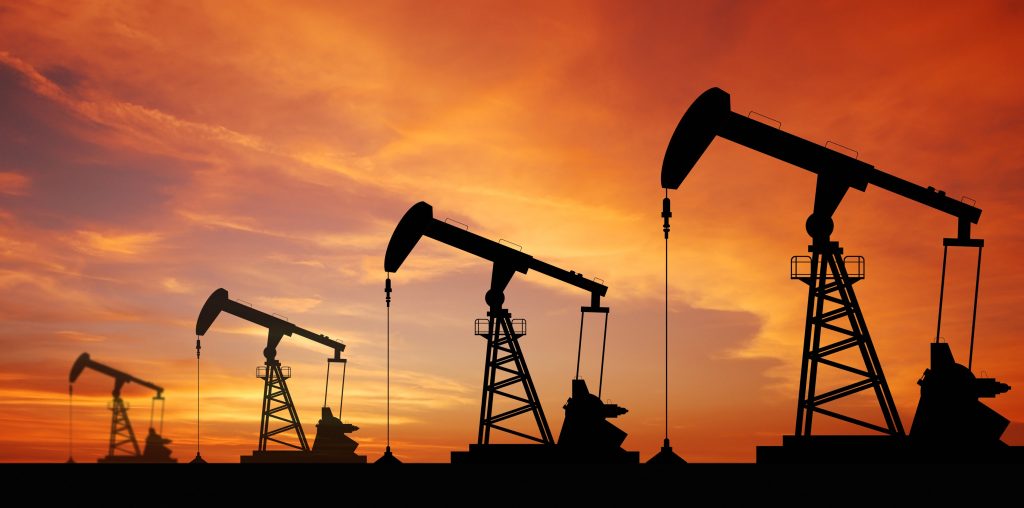Oil futures rose on Tuesday as the US and Europe prepared new penalties to punish Russia for alleged war crimes committed by Russian forces in Ukraine, raising concerns about supply interruptions, while nuclear talks with Iran remained stuck.
Brent crude futures were up $1.20, or 1.1 percent, at $108.73 per barrel at 0420 GMT, while West Texas Intermediate futures were up $1.25, or 1.2 percent, at $104.53 per barrel.
After Japanese industry minister Koichi Hagiuda indicated the International Energy Agency (IEA) was still working out terms for a proposed second wave of coordinated oil releases, both contracts momentarily soared more than $2 a barrel in early Asian trade.
On Monday, global oil futures rose more than 3% on the potential of more penalties against Russia over civilian deaths in Ukraine, as well as a break in Vienna discussions to resurrect the Iran nuclear deal, which might bring additional Iranian barrels into the market. The discussions were halted because of the United States, according to Iran.
“Despite attempts by the US and allies, geopolitical tensions are most likely to keep the oil price rising in the next days,” said Tina Teng, a markets analyst at CMC Markets APAC & Canada, referring to the coordinated oil release by consuming countries.
“Oil prices may continue to rise in the long run due to supply shortages and hedging requests to combat excessive inflation.”
Consultancy On Monday, Wood Mackenzie calculated that EU members and advanced economies such as Japan and South Korea could “exchange” 650,000 barrels per day of Russian crude oil of similar grades and volumes. These would mostly come from Middle Eastern volumes that China and India would ordinarily purchase.
Mangalore Refinery and Petrochemicals Ltd., a state-owned company in India, purchased 1 million barrels of Russian Urals for loading in May, in a rare move prompted by the substantial discount provided.
“Global crude oil trade will rebalance through ‘crude swapping’ between self-sanctioning’ advanced economies and developing markets,” Alex Sun, a managing consultant for Wood Mackenzie, said, noting that a steep discount for Russian Urals barrels has created a buying opportunity for China to replenish its declining strategic reserves.
